detail profile v c3 a2nia debs
Peran Yang Di Mainkan Vânia Debs
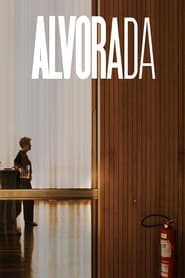 The film narrates from an intimate...
The film narrates from an intimate...Alvorada 2021
The film narrates, from an intimate point of view, the daily life of President Dilma Rousseff in her official residence, the Palácio do Alvorada, while awaiting the verdict of the impeachment process. Portraying the hallways of the palace, designed by Oscar Niemeyer, we see the coming and going of political meetings, the daily routine of the kitchen, the exchange of guards, whispers and phone calls. We feel the growing tension of officials, advisers and former ministers.
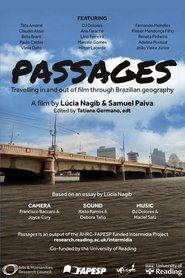 Passages showcases Brazilian films in which...
Passages showcases Brazilian films in which...Passages: Travelling in and out of Film through Brazilian Geography 2019
Passages showcases Brazilian films in which the utilisation of artforms and media such as literature, painting, theatre, music, photography, radio and television, functions as a 'passage' to political and social reality.
 In a small village in the...
In a small village in the...The History of Eternity 2014
In a small village in the hinterland, three stories of love and desire are changing the emotional landscape of its residents. Characters of a romanesque world in which their conceptions of life are limited on one side by human instincts, on the other by a blind and fatalist fate.
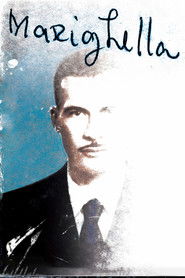 This communist and parliamentarian leader was...
This communist and parliamentarian leader was...Marighella 2012
This communist and parliamentarian leader was arrested and tortured, and became famous for having written the "Minimanual of the Urban Guerrilla". Greatest name of the left-wing militancy in Brazil in the 1960s, Carlos Marighella acted in the main political events of Brazil between the 1930s and 1969 and was considered enemy number one of the Brazilian military dictatorship. His life was a great act of resistance and courage.
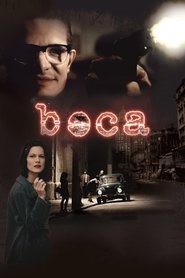 Adapted from his autobiography the film...
Adapted from his autobiography the film...Boca 2010
Adapted from his autobiography, the film recounts the story of Hiroito, The King of Boca do Lixo (a region in downtown São Paulo of the fifties where various nightclubs, strip joints, prostitution, bars, and drugs can be found). Hiroito was a well born bohemian and at the age of 21 was accused for the murder of his father, who was violently stabbed over 40 times with a razor. Hiroito was not charged, however two months after the death of his father, Hiroito bought two guns and moved to Boca do Lixo and became one of the most dangerous criminals of the region.
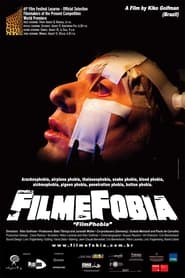 The making of an unfinished film...
The making of an unfinished film...FilmeFobia 2008
The making of an unfinished film about phobias. Says the director. Behind the screens, he discusses at length (with e.g. Coffin Joe) about the aesthetic boundaries of the project: volunteers under controlled circumstances become immersed in their phobias in order to film the fear on their faces.
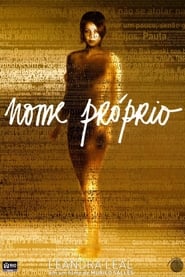 Camila is in her midtwenties and...
Camila is in her midtwenties and...Camila Jam 2007
Camila is in her mid-twenties and her life has been thrown into chaos ever since her boyfriend threw her out of their apartment during a bitter argument. Camila's ambition is to become a writer, and she posts regularly on her blog, entitled "Camila Jam." However, Camila wants to take her work into a different direction, and she throws herself head first into life in search of inspiration. As Camila struggles with alcohol, unsettled emotions and relationships with abusive men, it becomes increasingly obvious that her skills as a writer aren't all she needs to sort out if she wants to truly understand her life and her career.
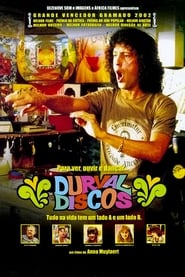 Eccentric Durval is a bit like...
Eccentric Durval is a bit like...Durval Discos 2002
Eccentric Durval is a bit like the record shop he operates with his mother: rundown and pathetic. When their home becomes too much for his mother to care for, Durval hires a maid who no sooner disappears, leaving a young girl and a note behind.
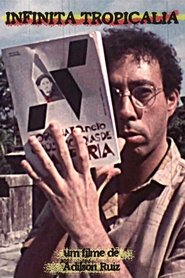 Tropiclia was a Brazilian cultural movement...
Tropiclia was a Brazilian cultural movement...Infinita Tropicália 1986
Tropicália was a Brazilian cultural movement that occurred between 1967 and 1968, inspired by Oswald de Andrade's anthropophagic ideals, pop art and the concretism. Twenty years later, this film revisits the movement and shows that Tropicalismo will never die.

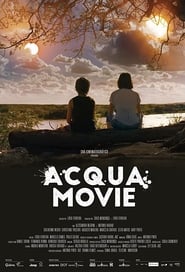 A documentarist is convinced by her...
A documentarist is convinced by her...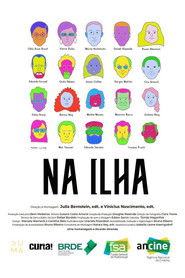
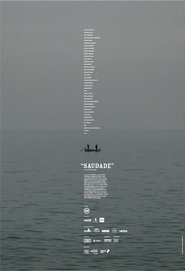
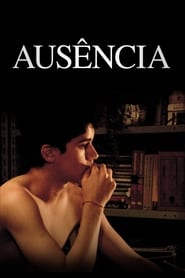 Serginho has a hard time finding...
Serginho has a hard time finding...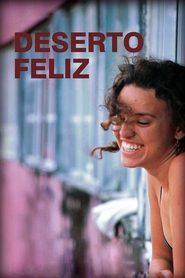 Jssica is a teenager from Brazilian...
Jssica is a teenager from Brazilian...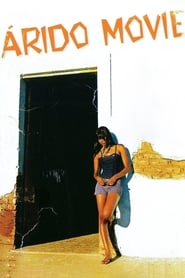 Weatherman from a TV network goes...
Weatherman from a TV network goes... A Lebanese photographer living in Brazil...
A Lebanese photographer living in Brazil... To pursue the woman of dreams...
To pursue the woman of dreams...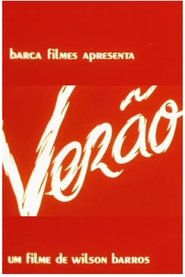 In a beach house snapshots of...
In a beach house snapshots of...